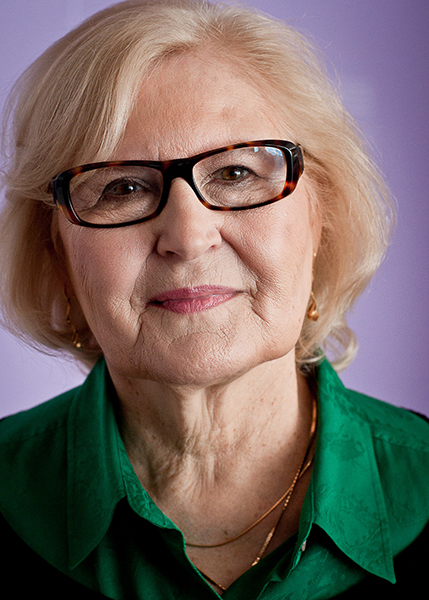
Based on her groundbreaking research and practice, Dr. Pauline Boss, a Family Social Science professor emeritus, will outline her six guidelines for understanding ambiguous loss in a half-day workshop Thursday, May 3 in McNeal Hall on the University of Minnesota’s St. Paul campus.
Ambiguous loss is an unclear loss and thus without resolution. Boss has developed a training framework for professionals that offer ways to help individuals, couples, and families build resiliency by finding meaning, adjusting mastery, reconstructing identity, normalizing ambivalence, revisiting attachment, and discovering new hope. She also addresses relational and contextual assessments and interventions, cultural differences regarding the need for closure, the psychological family, and self-of-the-therapist issues.
Boss’s work began with military families facing the trauma of receiving the report of a loved one “Missing in Action” during the Vietnam War and developed as she helped individuals, families and first responders cope with chronic disease and disabilities, and disasters both natural and manmade – including the Attacks of September 11th in New York City.
According to Boss, ambiguous loss represents a unique type of loss that is arguably more stressful and difficult to cope with. Situated within the context(s) of human relationships, it carries no verification of death and/or certainty that the person being lost will ever return (physically or psychologically).
These efforts have informed and continue to evolve in collaboration with other scholars and practitioners worldwide who are aligning what they do in therapy, community engagement, and research with Boss’s pioneering concepts. Boss has been among those challenging the concept of “closure” – instead she advocates family and community-based approaches that “walk alongside people in finding meaning in their experiences and pain.”
When loved ones disappear physically or suffer from an illness that takes away their memory, when families are separated by forced migrations, when loss makes no sense (suicide, homicide), or when youth are fostered, adopted, or experience parental divorce, the lens of ambiguous loss guides therapists to treat situations of loss that have no solutions and where traditional PTSD and grief therapies are insufficient.
More about the workshop
The training will be videotaped. Participants may appear in the final video as part of audience shots/or asking questions. Consent forms will be collected the day of workshop.
For more information or questions, contact Jessica McLain. To register, visit: z.umn.edu/AmbiguousLossWorkshop
(Original material for this story supplied by FSoS Associate Professor Tai Mendenhall).



